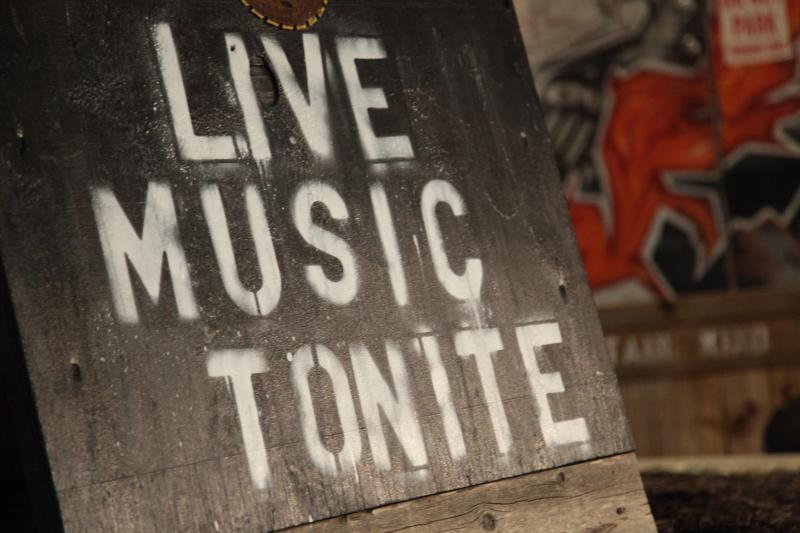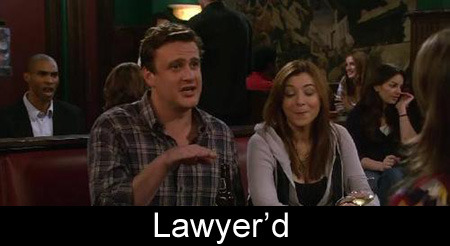Well, it's been a long time coming. I've been desiring a stage-worthy second jumbo guitar to accompany me on stage so I don't have to retune as many times during my sets and eventually settled on this beauty.
 |
| Photo: Jemarc A. |
While the photo above doesn't portray my joy, I was as giddy as a playing puppy. But enough about my excitement. I'm here to provide answers to the questions I had before I bought it. Yes! I committed the sin of buying a guitar without playing it first! Did it pay-off?
 |
| Standing at attention. |
Unplugged
Acoustic sound is important to me. The best pickups can't fix mediocre tone. Those familiar with my music know I play a lot of percussive fingerstyle. I like big, crisp sound. For a guitar in this price range, it sounds pretty decent. It's no sound canon, but it's no slouch either and can easily be heard outdoors amidst ambient foot traffic noise. I wouldn't mind more brilliance to the sound, but I've already put many hours of love into the strings this week, so it's probably about time to change them.
For drumming, the Takamine EG523SC has as tight-sounding body. The natural gloss finish is great for getting scratchy sounds. Overall, the body feels pretty sturdy. Bass drum hits aren't terribly boomy but sound alright. The preamp is placed at one of my favorite drumming spots, so that plus the cutaway is forcing me to find some new ways to approach guitar drumming.
The tuners definitely leave much to be desired. Even with the strings properly stretched and the guitar set to a temperature-neutral room, the stock devices don't hold the guitar in tune. Tuners will probably be my first upgrade for this guitar. The action is a tad on the low side for my preferences, but the truss rod adjusted smoothly and easily. I still have a bit more tweaking to do to dial it to my preference. [Note: I have since installed new tuners (Grover 106s), and I'm much happier with the on board tuner and the guitar's ability to hold its notes, even in alternate tunings.]
I'd also like to note that this guitar was my first time ever encountering a subtle, ringing sound that Antoine Dufour cites as the reason he keeps a
handkerchief tied to the headstock of his guitar. I just might have to join him in his method to mute this phenomenon!
 |
| Ashley's lovely backside. |
Electronics
This is a field where I'm not much of an expert. I can say that the tuner isn't all too accurate, but it's a nice function to have nevertheless. It's chromatic and gets in the ballpark. Then again, maybe new tuning mechanisms will help. [As noted above, they did. A lot.] The EQ works nicely and provides a variety of tones. The pickup system sounds fairly natural, but it doesn't pick-up on body vibrations as much as I'd like. I plan on installing some trusty K&K's in the near future and running a setup similar to the Shadow systems Epiphone and Gibson uses. [I have the K&K's but am going to need tools I don't have at the moment to install them. Because of the way the guitar is built and wired, the instructions aren't terribly useful and necessitate some MacGyver-ing.]
That said, the pickup and preamp provide good dynamic range without being too punchy. The knobs work well, and everything is located in a convenient place. The 9V battery slot works like a dream, especially compared to the messy K&K Ultra Pure system I installed on my Alvarez AJ60S. For conventional guitar playing, this is a pretty convenient stage setup. If you like doing a lot of tinkering with electronics, the Takamine system has a bit of an unconventional build requiring some creativity when adjustments.
Miscellaneous
I'm used to playing on jumbos, but people have remarked that this is a very big feeling guitar. I was hoping that the bass frequencies would be more boomy than they are, but I'm hoping that it'll improve as the guitar gets played more and broken-in over time. I didn't notice it when I took the pictures, but the top nut is poorly designed. The grooves for the strings are uniform in size such that the larger strings sit on top of the gap instead of inside them. I'll probably have to sand them later so the fit is better.
On a lot of reviews, people complained that the action was high. However, I think it's more a matter of adjusting the truss rod so the neck is properly aligned (there are plenty of videos that detail how to do this, but if you're not comfortable doing it, have a professional set it). Ashley showed up with a crooked neck but was much more playable after going chiropractor on her, even with the 13-56 gauge strings I use.
It's nice to have a guitar that doesn't need end pins to secure the strings; I'm clumsy and tend to drop/lose things easily. However, restringing is a little cumbersome since the tips of the strings tend to get caught in the grain of the wood. It's not a big deal, but I would imagine that it could be frustrating in the dark, back stage of a venue if you don't have a screwdriver or pen to help guide the string along.
Later, I'll upload some sample recordings of the pure acoustic sound and the plugged-in sound. That won't be for at least another week or so. I've logged many hours of play and even got some performing in with this Takamine EG523SC, and I'm really digging it as a workhorse guitar, especially after getting good tuning mechanisms and my preferred string gauges installed. I still like the sound of my cheaper Alvarez AJ-60S more, but seeing how it's currently out of commission due to a broken pickup, this will do just fine, especially once I install the second set of pickups. The finish is thin, so clumsy blokes like myself be aware: the guitar will dent easily!
The Breakdown
Pros
+ Pickups sound nice. Chromatic tuner, 3-band EQ, volume, notch filter (used to fight feedback), and EQ signal cancel.
+ Battery and string replacement a breeze.
+ Strumming sounds great: full and vibrant for a guitar in this price range.
+ Cutaway provides comfortable, easy access to the top frets.
+ Good workhorse guitar.
Cons
- Stock tuning mechanisms are terrible.
- The battery cover will buzz, especially on those big, beefy chords.
- Not as much clarity for fingerpicking.
- Pickups don't project body hits very well.
- Top nut needs carving to fit the strings properly.


















































